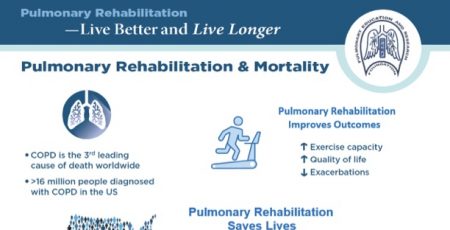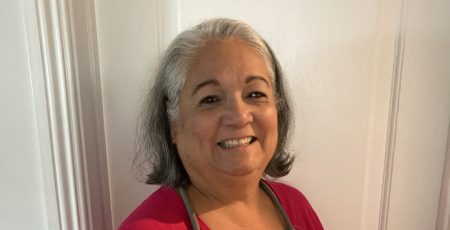
14 Oct COVID-19 and ARDS Translational Research: A Call for Support
Science is a Marathon
by Harry Rossiter, Ph.D., and Asghar Abbasi, Ph.D.
“Science is a marathon, not a sprint”, said Professor Mike Tipton, the Editor in Chief of the journal Experimental Physiology. “It relies on a strong team. The best defense against the next public health crisis is a diverse, robust research and development base.”
In today’s blog, we are highlighting a call to action to support translational research by letting you know about exciting new research being conducted by PERF directors in collaboration with a team at UC Irvine.
How are biological discoveries translated to clinical benefit? Let’s look at a topical example, namely, the search for new treatments for acute respiratory distress syndrome (ARDS). COVID-19 is one cause of ARDS, a devastating condition that kills about 40% of people who are unfortunate enough to get it. In survivors, ARDS may result in shortness of breath and significant reductions in exercise capacity and quality of life. ARDS is the result of a hyperinflammatory state that causes fluid to leak into the lungs, hindering oxygen from entering the bloodstream. There is no cure for ARDS. Current treatments are focused on supporting life while the lungs heal themselves. However, there is a new idea that is trying to change this.
Dr. Weian Zhao, at the UC Irvine Sue and Bill Gross Stem Cell Research Center, has been working for over 15 years to develop the next generation of therapeutics. His focus is mesenchymal stromal cells (MSCs), commonly known as stem cells. However, despite years of global stem cell research and over 700 clinical trials, studies of stem cells have generally failed to demonstrate their original promise (with a few notable exceptions).
Dr. Zhao wondered why so many positive pre-clinical stem cell studies fail to translate into benefits in human clinical trials. He noticed that the benefit of stem cell therapies may not be due to their ability to grow new tissues, but rather from how they interact with the host’s immune system. It seems that even ‘dead’ stem cells maintained their ability to modulate the immune system for the better.
These observations led Dr. Zhao, graduate student Lexi Crowell, and PERF directors Drs. Harry Rossiter and Asghar Abbasi (the authors of this blog post) to team-up to investigate whether they can harness these beneficial effects of stem cells on the immune system, to target directly ARDS-inflamed lungs, speed recovery and reduce long-term effects. Within the next year, the team plans to harness their expertise spanning basic, pre-clinical, and clinical research to translate their discoveries rapidly into clinical trials of new therapeutics for ARDS. They hope to improve outcomes for those with COVID-19 disease and other infections causing ARDS.
Please consider supporting this exciting translational research by clicking on this link and donating. Our goal is to raise money to kick start the pre-clinical phase of this research. We are seeking support for experimental materials and student researchers, to fast track this potential therapy for clinical and human trials. Every gift counts. Small gifts are welcomed.
Science is a marathon, and a marathon is run step-by-step. Every $10 takes us a step closer to launching this research and impacting the devastating effects of COVID-19 and ARDS.
Thank you for your support!
About UCI Zotfunder
ZotFunder is a crowdfunding platform that helps researchers tap into the power of the crowd to raise money to support their research.
For more information about crowdfunding, the UCI Foundation, and UCI’s ZotFunder platform please see: https://zotfunder.give.uci.edu/about
Donate to this project here, to make your tax-deductible gift using the UCI Foundation’s secure ZotFunder platform: https://zotfunder.give.uci.edu/project/27833.
About Translational Research
PERF supports clinical and translational research. Translational research represents stages of scientific inquiry along a path from the biological basis of health and disease, to clinical trials and clinical implementation to improve the health of individuals and the wider population. As outlined in the graphic below, from NIH’s National Center for Advancing Translational Sciences, it includes basic research, preclinical research, clinical research, implementation science, and public health, where researchers study health outcomes at the population level. The spectrum is not linear or unidirectional; each stage builds upon and informs the others. Translational science often zig-zags among disciplines. Also, it is informed at every stage by the patient’s needs and involvement.






No Comments